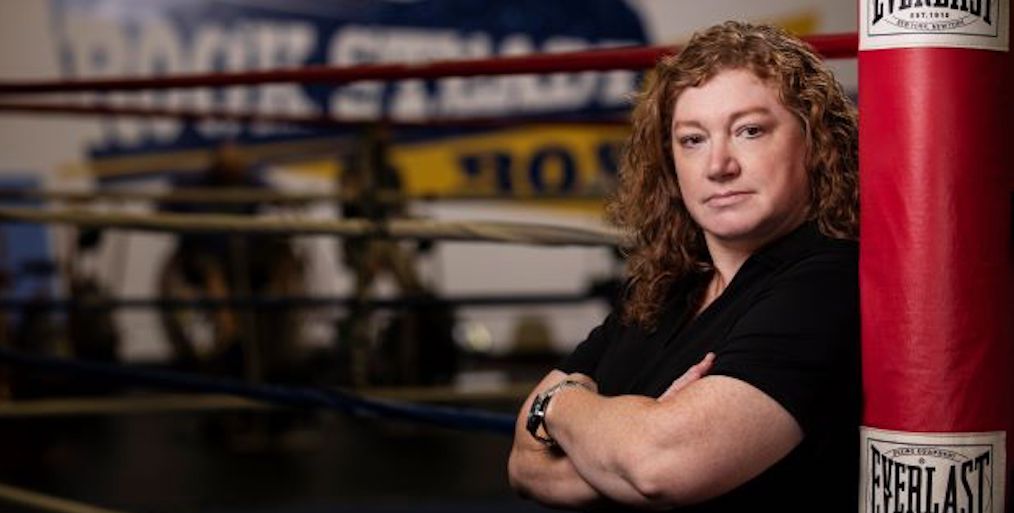(photo courtesy of Sheila Hendricks)
When Health Information Management (HIM) student Sheila Hendricks entered the School of Informatics and Computing degree program in 2015, she was looking for a career segue that would allow her to eventually work from home. She was employed full-time in the orthodontics field after prior employment in radiology and insurance when her husband began experiencing some neurological issues.
“When I looked at the online degree options, I saw Health Information Management and it seemed a logical fit. I enjoy what I do and wanted to stay within the healthcare field. I saw the HIM degree as a way to continue within the field I enjoyed while furthering my knowledge. I thought my years of experience combined with the HIM degree and the Registered Health Information Administrator (RHIA) certification would be what I needed to eventually work from home within the healthcare field,” Hendricks says.
After Hendricks’ husband was diagnosed with early onset Parkinson’s Disease (PD), two of the specialists treating him recommended Rock Steady Boxing (RSB) as part of his therapy. The non-contact boxing program was started in 2006 by former Marion County prosecutor Scott Newman and retired World Champion boxer Kristy Rose Follmar and was designed specifically for people with PD.
Hendricks and her husband began classes on November 28, 2015, with her as his care partner or “cornerman.” After a year, they both went through volunteer orientation to learn how to support other boxers through classes and workouts or help with equipment. Six months later, they went through the RSB coaches program so they could also create the various PD boxing classes. In addition, they both helped with presentations about PD to college student groups as well as at a symposium.
Hendricks says she sees a clear connection between RSB and her HIM major. RSB maintains records and must abide by privacy safeguards similar to HIPAA regulations and keep that data secure. The gym has participated in longitudinal research studies and some of the boxers have been part of clinical trials. Coaches also need to understand the treatments boxers receive and how they can affect performance.
“From a HIM standpoint, being able to see boxers participate in research projects to advance the treatment options of PD is invaluable as I get to see the research from the medical standpoint of data but also from the boxer’s standpoint. These experiences with the boxers have shown me the human side of research which I may not have seen otherwise,” Hendricks says.
Hendricks also points to the benefit of the anatomy class she took in preparing her for her ACE Fitness personal trainer exam. And she was able to help the gym manager create a spreadsheet to track positivity rates at the beginning of the COVID-19 pandemic. Her HIM courses allowed her to understand the numbers and how best to present them. Another direct benefit to Hendricks was that the HIM classes taught her the importance of patients understanding their own care and of using data to improve patient outcomes. She sees firsthand how the boxers share knowledge with each other that helps them understand treatment options and have a better quality of life.
Her advice to other HIM students is to be open to all possibilities. “If someone would have told me I would be a certified personal trainer and a boxing coach, I would have thought they lost their mind. However, being a part of the RSB gym has given me experiences beyond words. Meeting all of the amazing people has been life changing. The members of the RSB gym are a large family and I cannot image how different my life would be without them. As weird as it sounds, my husband and I are grateful for his PD diagnosis because without it, we would never have met some of the most interesting, amazing people whom we consider family.”
Media Contact
Joanne Lovrinic
jebehele@iu.edu
317-278-9208


